Choosing organic fruits and vegetables can be an important way to reduce exposure to harmful pesticides and chemicals. It can also support sustainable agriculture and promote better health.
Getting started with organic foods doesn't have to be expensive or intimidating. Just make sure to read labels carefully.
Reduce Exposure to Harmful Pesticides and Chemicals
Choosing organic fruits and vegetables is a great way to reduce your exposure to harmful pesticides and chemicals. It is also an important way to support sustainable agriculture.
Buying organic is more expensive than conventional produce, but it can be worth it if you are concerned about pesticides and the environment. Choosing organic will help reduce your exposure to the most harmful pesticides and chemicals that can have a negative impact on your health.
Children, who are still developing, can be particularly vulnerable to the effects of pesticides. They breathe in more air and eat more food compared to adults, increasing their exposure.
It is also important to wash your produce well to remove pesticides and other contaminates. This can help lessen your risk of ingestion, according to the Environmental Working Group (EWG).
Support Sustainable Agriculture
Choosing organic fruits and vegetables is a great way to support sustainable agriculture. This approach to farming aims to protect the environment, preserve natural resources, and improve animal welfare.
It also strives to provide farmers with economic prosperity and social equity. All people involved in the food system--growers, distributors, retailers, waste managers, and consumers--have a responsibility to promote sustainability.
Sustainable agricultural practices are designed to meet the desires of society's food and textile needs while protecting and expanding the natural resources for future generations. It is important to note that sustainability can be achieved through small, gradual changes over time.
Many farmers have incorporated sustainable agriculture practices into their daily routines. These habits may include practicing crop rotation, planting cover crops in between harvests, and ensuring that soil is kept teeming with living organisms.
Eat Better for Your Health
Choosing organic fruits and vegetables can be an effective way to reduce your exposure to pesticides, fertilizers and chemical residues. And organic dairy and meat can also be healthier for you because they're often raised without antibiotics or growth hormones.
However, there is no definitive proof that organic produce is more nutritious than non-organic. The nutrient content of produce can vary widely depending on soil quality, weather conditions and other factors.
Some studies have suggested that organic produce may be slightly higher in vitamins and minerals than conventionally grown foods. However, research is limited and more studies are needed to determine whether or not this translates to real health benefits.
Eat Better for the Environment
Choosing organic fruits and vegetables can be one of the easiest ways you can eat better for your health and the environment. Not only do they taste much tastier, but they have much more nutrients and are also better for the environment because they are not loaded with chemicals or preservatives.
When you buy foods that are certified organic, they have to meet a set of standards that exclude use of synthetic pesticides and herbicides, as well as genetically modified (GM) crops. In addition, the animals on organic farms are fed natural feeds and not treated with antibiotics or growth hormones.
In addition to the environmental benefits, eating a diet that is higher in plant-based foods and lower in meat can also be beneficial for the planet. In fact, a recent study found that if all 28 high-income countries followed national dietary recommendations, greenhouse gas emissions associated with their food supply chain could be reduced by 13% to 25%.
Frequently Asked Questions
What are some things I should look out for when purchasing organic goods?
USDA-certified organic labels are recommended. This certifies that the product has met certain standards set by USDA. You will find the USDA Organic seal on all boxes, cartons and cans.
When you shop for meat, ensure that it comes from cows who are fed organic feed. Cattle are ruminants. This means they chew the cud. Ruminant cattle have four stomach areas: rumen (reticulum), omasum (omasum), and abomasum. If a cow is to be labeled organically, all parts must be organically fed.
Buy chicken from only organic chickens that have been fed 100% organic food and are not given antibiotics. Omnivore chickens eat both animals and plants. Omnivorous chickens have a digestive tract composed of a crop, proventriculus, gizzard, small intestine, large intestine, and anus.
When buying dairy products, ensure they come from cows fed 100% organically grown feed. Dairy cows have four stomach compartments, just like ruminants. The fourth stomach compartment--the cow's udder--is where milk is produced.
To find out the percent of the feed the animals received when you purchase other types livestock, be sure to read the labels. For example, pork may be labelled '95% organic.' This means 95 percent of the pig's feed came from organic sources.
What are the most loved organic products?
Organic food is the fastest-growing industry today. But even though we've come a long way from our roots, there is still much room for growth.
Organic products are the future. They are safer, healthier for the environment, and easier to afford for consumers.
However, they are also more expensive. We created the Organic Food Index. We wanted to know which foods are popular today and whether trends are changing.
The results show that organic food is becoming increasingly popular. Between 2011-2012, nearly half of Americans shopped for organic foods.
According to USDA, organic food production increased by 10% only last year. The U.S. now produces 9% of its agricultural output from organic food.
Organic food is growing in popularity but is still expensive. The Organic Trade Association (OTA) reports that organic food retail prices average almost double the price of conventional foods.
The organic food sector is growing faster than other segments of the food supply. Looking closely at the data, you'll see that organic food consumption has grown steadily since 2009.
According to OTA however, the volume in supermarkets of organic products grew by 14% from 2010 to 2011.
This is because consumers are looking for healthier foods. Organic food sales have been increasing in all age groups.
However, younger generations are leading the charge when choosing organic food. Millennials are twice more likely to purchase organic food than baby boomers. And young adults under 35 years old account for 25% of all organic food purchases.
What is the difference in organic and non-organic foods?
Organic food does not contain pesticides, chemical fertilisers, sewage waste, irradiation, genetic modification. Organic farming practices improve soil health and water quality as well as animal welfare.
Inorganic foods can be grown using pesticides, chemical fertilizers and sewage sludge. Radiation is used to treat irradiated food; biological engineering techniques are used to create genetically modified organisms (GMO).
Sometimes, the term "natural", is used interchangeably with "organic." Natural does not necessarily have to mean organic. Some products labeled "natural" may also contain synthetic ingredients.
Organic produce is typically more nutritious than conventional produce because the soil contains fewer harmful chemicals and pesticides. Organic farmers also don't use synthetic fertilizers or hormones, pesticides, or antibiotics.
What is organic meat?
Organic meat is organic food that has been grown naturally without the use of pesticides, artificial fertilizers or hormones. Organic meat is also a guarantee that the animals weren’t fed any genetically altered feed. This means that the meat is safe for consumption as there aren’t any harmful chemicals.
Organic meats are better for the environment. Eating organic foods helps reduce pollution in the environment, such as rivers and lakes. Organic farmers generally don't use toxic chemicals that kill birds and insects. We help to protect wildlife.
The best way to ensure that you eat healthy organic meats is to buy them locally whenever possible. Local buying helps to keep money in the community, rather than moving out of state. Local businesses often pass on savings to customers shopping locally. Shopping locally helps to keep American workers employed, as opposed to sending them overseas.
Why is organic food so important?
Organic produce is important for our health. It's the best method to ensure you eat healthy foods. Not only is it better for us, but it's also more environmentally friendly because it doesn't rely on pesticides and fertilizers.
Organic farming uses natural methods of cultivating crops that are free from harmful chemicals. This makes organic farming safer for both humans and animals. You are helping the planet and yourself by choosing organic food.
The health benefits of organic foods go well beyond our bodies. We all know the negative effects that processed foods can have on our health. You might not know this, but organic fruits and vegetables don't have to be treated with chemicals. They taste fresher, look better and last longer.
It's because organic is healthy for you and the planet. Organic is healthy for your health and for the environment.
Do organic foods have health benefits?
Although organic foods are not for everyone, they can be very healthy. For those who consume them regularly, however, they can offer certain health benefits.
Organic food is produced without artificial fertilizers, pesticides, herbicides, fungicides, hormones, antibiotics, or genetic engineering. Organic produce is free from harmful chemicals that could cause harm to human health.
There are also fewer additives used during processing. So when you buy an organic product, you're likely eating healthier than non-organic products.
Research shows that organic produce contains more nutrients and antioxidants compared to conventionally grown fruit and vegetables.
Although organic farming methods tend to cost more than conventional farming methods, they often yield better results. When farmers grow crops organically, they encourage soil fertility and biodiversity.
This helps conserve water resources and protects against erosion. Organic farms do not require toxic chemicals to operate. They also use less energy and fuel.
Some people fear that organic foods can be more costly than conventional foods. Prices will vary depending where you live. For example, organic apples tend to be more expensive than traditional apples.
If you take a look at the cost of a basket containing both types of fruits, you will see that organic is less expensive.
So should you go organic?
It all depends on your personality. It doesn't matter if organic food isn't for you.
You can still buy organic food if your preference is for good tasting food. Organic foods are safer than conventional food because they don't contain chemical pesticides or fertilizers.
Organic agriculture conserves the environment and promotes biodiversity.
How do I find out if my produce's organic?
These three labels can help you make sure you're buying organic produce.
USDA Organic Certified – Produced by USDA and certified as 100% organic.
Certified Naturally Grown: Produce that has been grown in accordance with organic practices, but has yet to receive certification from USDA.
Pastured/Freerange - Products made from animals who graze freely and are outdoors.
These labels indicate that the product meets specific criteria, which include:
- There are no synthetic pesticides or fertilizers
- No genetically modified organisms
- No antibiotics are ever given to the animal
- The animal is never given any hormones
- No growth-promoting drugs
- No feed additives
- No artificial ingredients
- No irradiation
- There's no sewage waste sludge
- GMOs prohibited
- Antibiotics have never been administered
- No hormones ever given
- No growth-promoting medications
- No feed additives
- No artificial ingredients
- No sewage sludge, if it's not a GMO
- No irradiation
I hope that this article was useful!
Statistics
- Nutrients like omega-3 fatty acids were up to 50 percent higher in organic meats and milk than in conventionally raised products.[3] (en.wikipedia.org)
- As for organic meat, regulations require that animals be raised in living conditions that accommodate their natural behaviours (like the ability to graze on pasture), fed 100% organic feed and forage, and not administered antibiotics or hormones. (usda.gov)
- Popular clothing brands, like Patagonia, are labelled as organic by using 100 percent organic cotton for many of their styles. (en.wikipedia.org)
- According to a study performed by consumerreports.org, organic products, compared to non-organic products, ranged anywhere from 13 percent cheaper to 303 percent more expensive. (en.wikipedia.org)
External Links
ams.usda.gov
usda.gov
ota.com
doi.org
- Occupational Pesticide Exposures and Cancer Risk: A Review: Journal of Toxicology and Environmental Health, Part B: Vol 15, No 4
- Genetically modified food safety and public concerns: a review by Journal of Food Science and Technology
How To
What you should know about organic food
Organic foods are plants and animals grown without pesticides, chemical fertilizers, or additives. They can be produced without the use of genetic engineering or ionizing radiation. It must not contain any artificial colours, flavour enhancers, flavor enhancers, and preservatives. It cannot contain genetically modified organisms.
The term "organic" was first used in 1845 when chemist Justus von Liebig coined the word "organisch" meaning life-giving, to describe the properties of manure. Most people associate organic production with food. Organic is a product that contains only naturally occurring substances, such a proteins, fats, or minerals.
The consumption of organic foods has risen dramatically in the past decades. According to statistics, approximately 50% of the world’s population consumes at minimum one organic product each day. This number increases constantly and is expected to reach 70%, 80%, and 90% by 2020.
There are many factors that consumers choose organic produce. Organic produce can be preferred for its taste; others prefer them for being healthier. Some people believe organic farming to be more environmentally friendly. Some consumers choose non-organic products because of ethical concerns about farm workers' and animal treatment.
Organic foods are usually more expensive than conventional ones, although prices vary depending on countries and regions. There are many factors that influence the cost of organic foods. One factor is whether there are enough land available for organic farming. Another is the cost of inputs and labour needed for organic cultivation. The cost of transportation, marketing, and taxes are just a few other factors. For example, in Europe, the average price of organic food is 10% higher than the regular price.
Below is a summary of the major differences between organic food and conventional food.
- Organic produce is free of chemicals, hormones, antibiotics, synthetic fertilizers, and growth regulators.
- Organic livestock is fed grasses and grains, rather than corn and soya meal.
- Organic milk is only produced from cows that are fed all-natural hay and pasture grasses.
- All raw materials used in organic manufacturing processes are certified organic.
- Organic fruits, vegetables and their processing stages are free from pesticides and harmful chemicals.
- Organic meat, poultry, and seafood are free from radiation.
- Pre-soaking is recommended for raw nuts and seed.
- Organic cooking is only allowed to use healthy oils.
- Organic eggs are laid naturally by hens.
- Traditional methods are used to extract organic honey.
- Organic chocolate uses beans and sugar that have been organically farmed and processed.
- Organic wines are free from chemical additives.
- Organic tea leaves are made from hand-picked plants.
- Organic cotton is grown without any form of pesticide or herbicide.
- Organic cereals and flours contain no preservatives, artificial colours, or flavours.
- All natural soaps and shampoos do not contain harsh chemicals.
- All-natural cosmetics for skin are safe
- All natural cleaning solutions are biodegradable and eco-friendly.
- All natural bodycare products are dermatologically tested for hypoallergenicity.
- All-natural personal hygiene products have no fragrance and can be used safely for babies.
- All-natural baby formula doesn't contain bovine serum or animal rennet.
Resources:
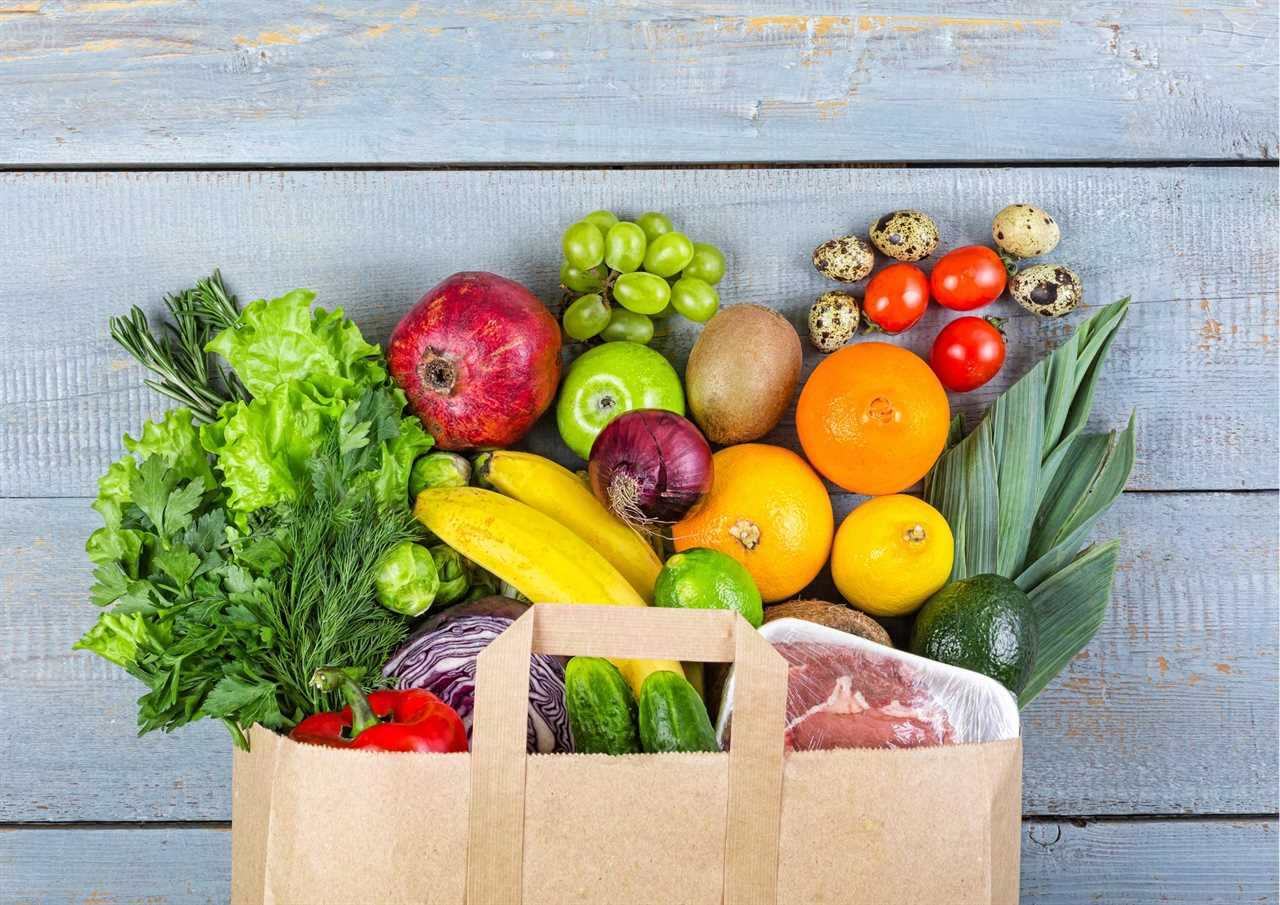 |
Health benefits of eating organic?A review in The Annals of Internal Medicine failed to find strong evidence that organic foods are significantly more nutritious than conventional foods. Lisa |
 |
The Benefits of Crop RotationCrop rotation is a way to grow multiple types of crops in the same space. This is done in an effort to diversify the ecosystem, reduce pest and weed.. |
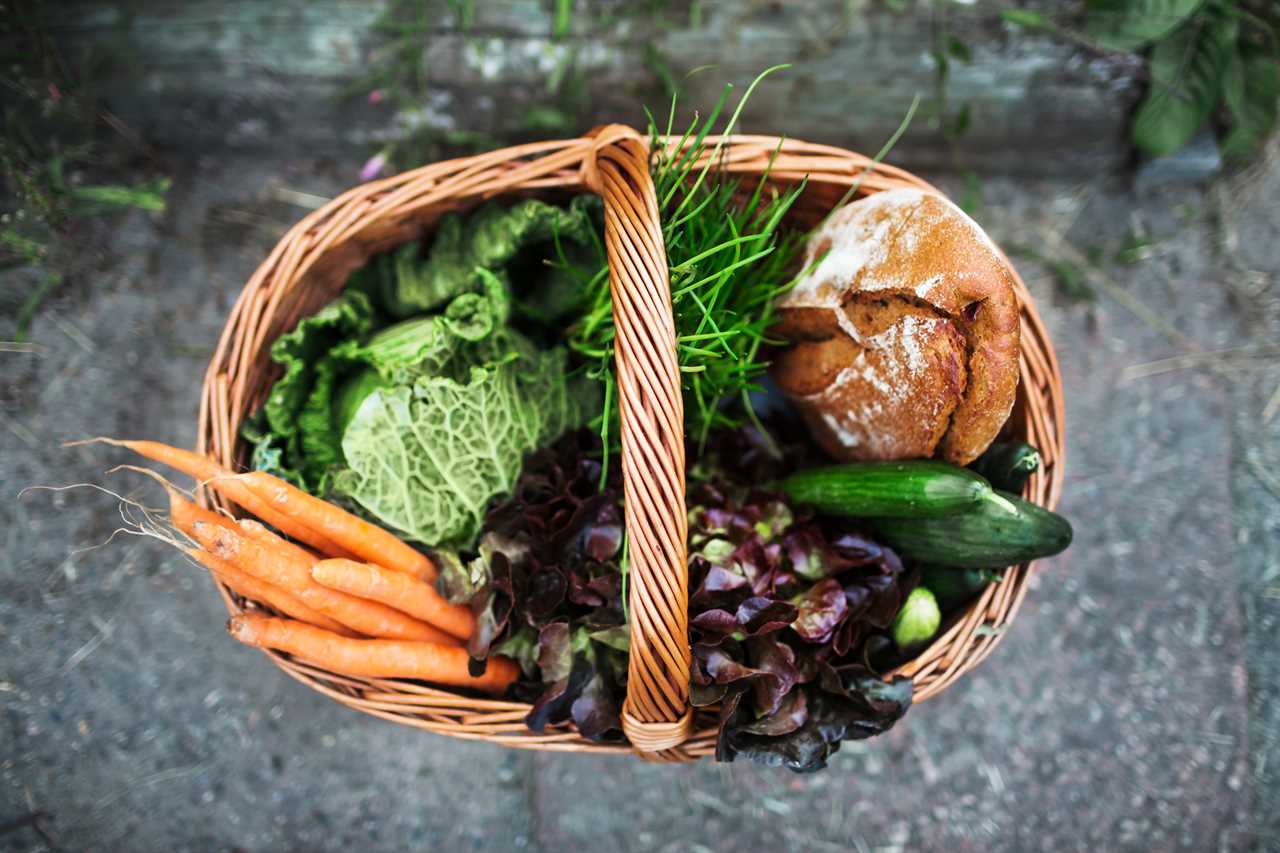 |
Do I Need To Eat 100 % Organic Food? – Dr. BergFor more info on health-related topics, go here: https://bit.ly/2YI8NLc Take Dr. Berg's Free Keto Mini-Course: http://pxlme.me/-i717vtY […] |
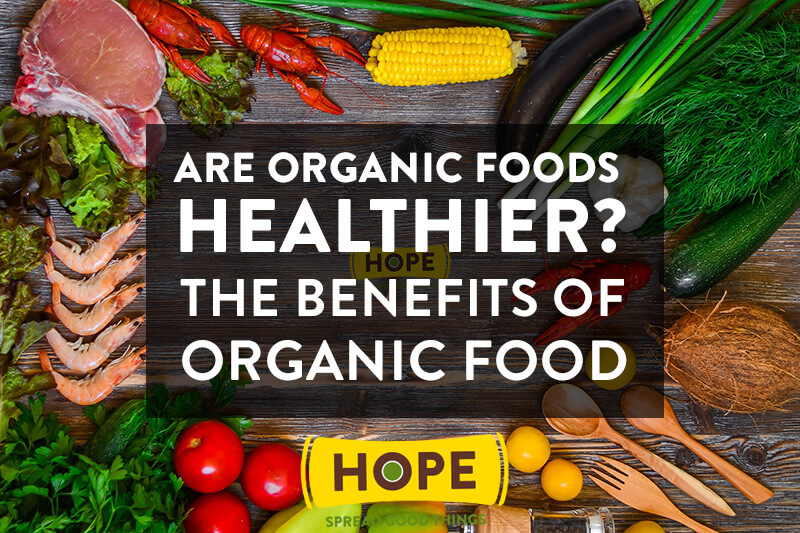 |
The Importance of Soil Conservation in Meeting the Sustainable Development GoalsSoil conservation is important for maintaining the soil's health and resilience. The microbial and faunal communities in the soil are impacted by.. |
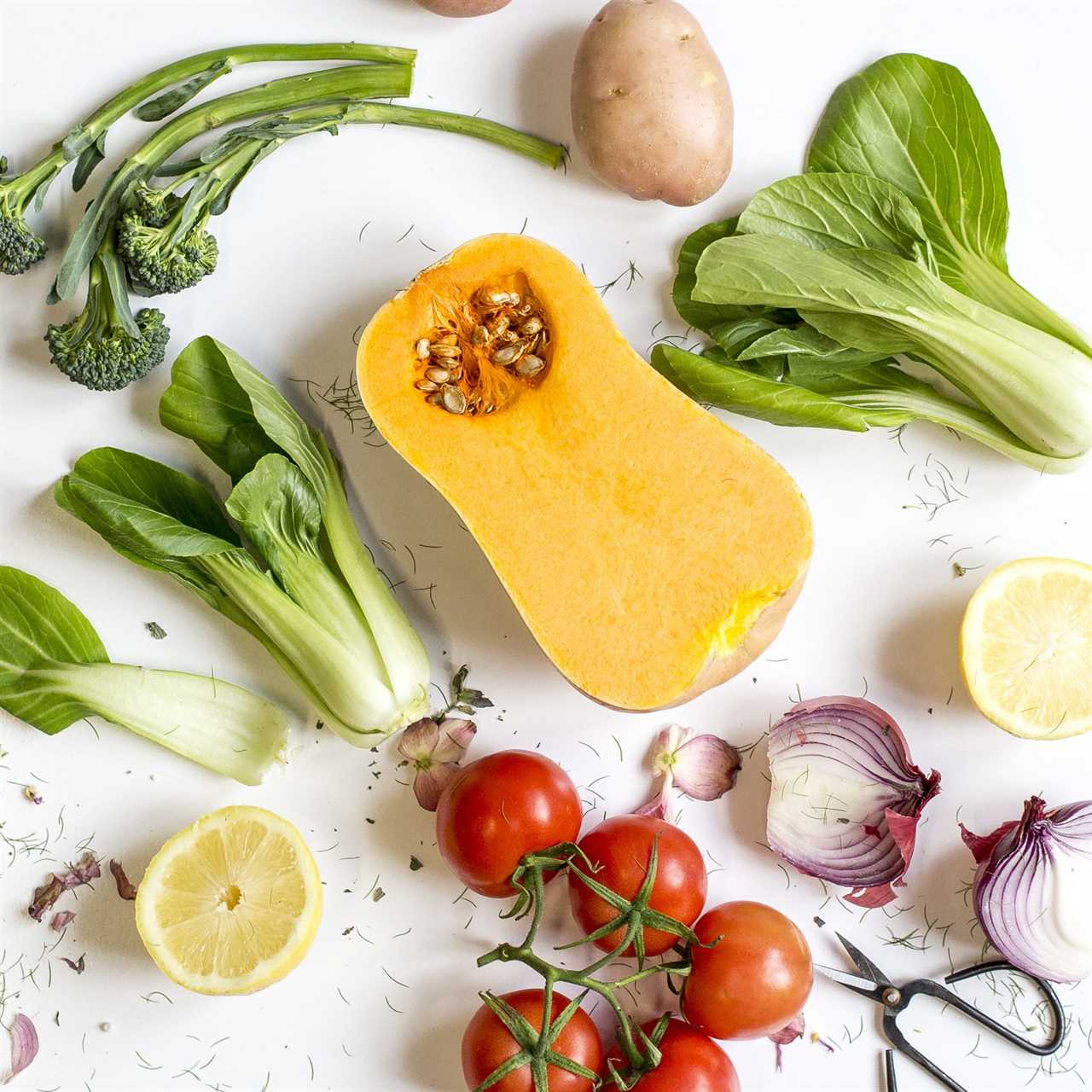 |
Benefits of Organic FarmingOrganic farming is one of the best ways to help protect the environment. It can also provide a number of benefits for your farm, including increased.. |
 |
Is `organic` food actually healthier for you?Dr. Marc talks about organic food. |
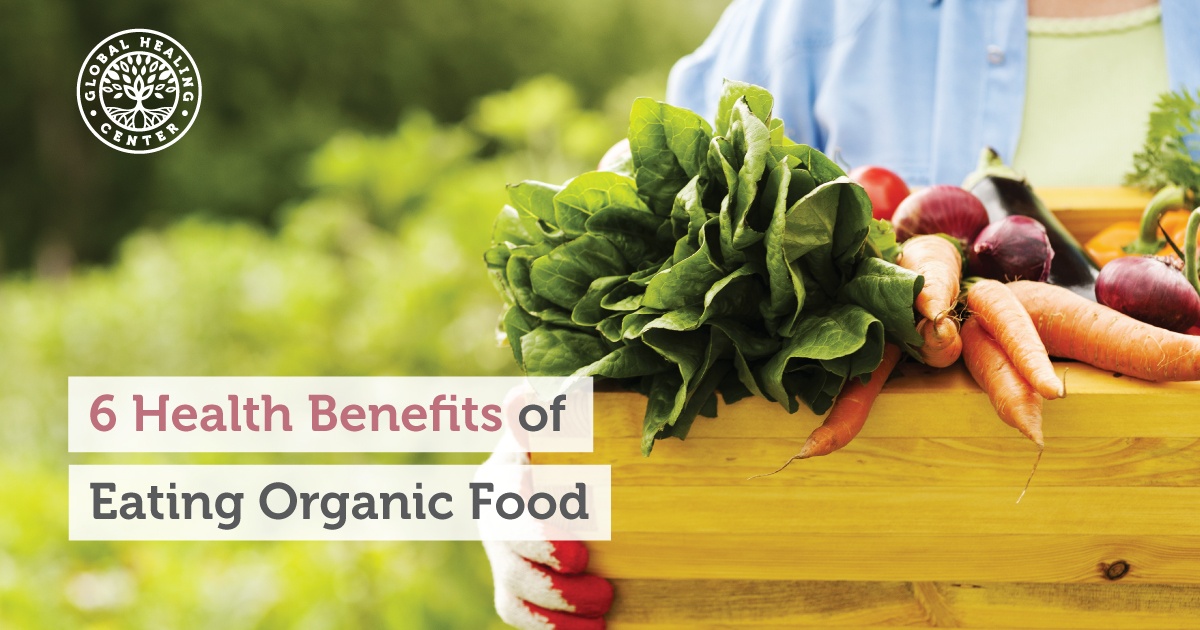 |
Organic Farming MagazineOrganic farming magazine is a resource that provides you with the latest information on organic agriculture, health, and sustainability. It also.. |
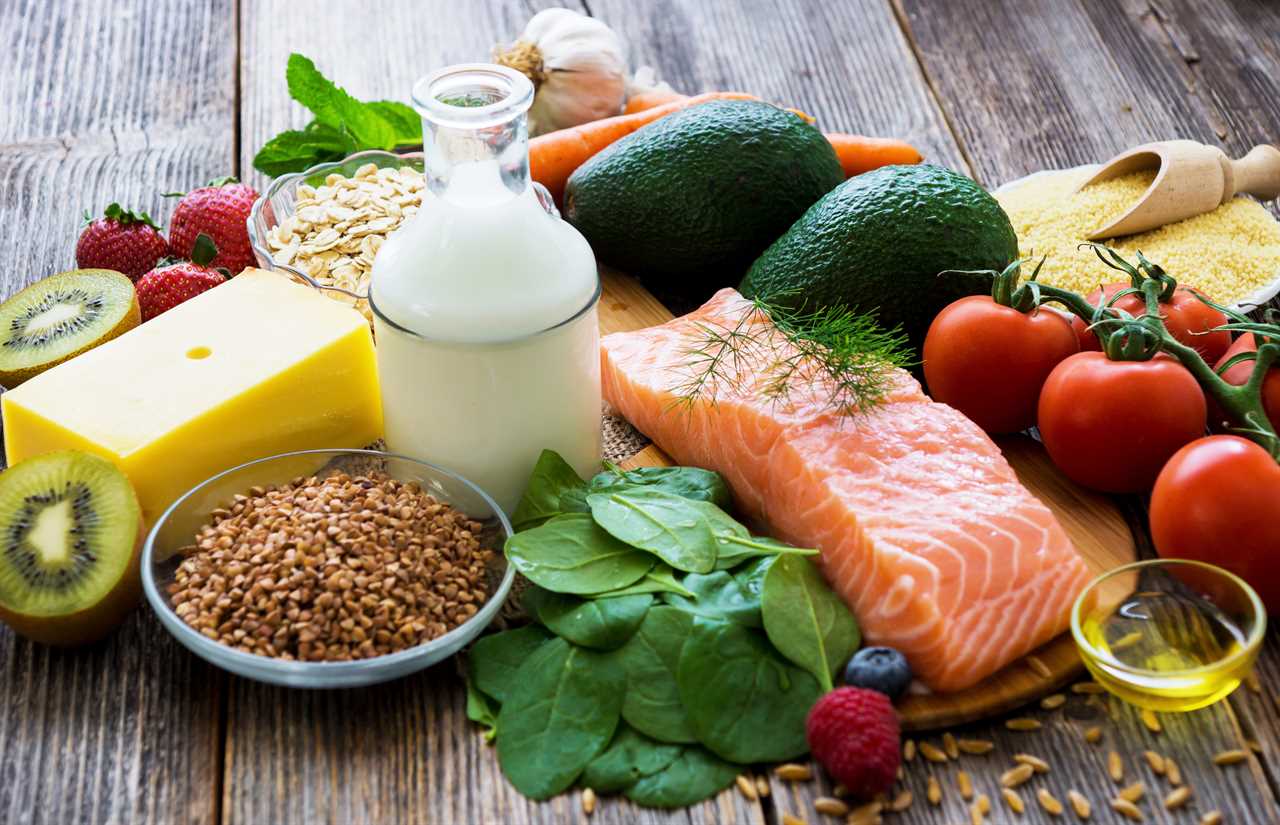 |
Is Organic Food Really Worth It?The organic food industry is a booming business. U.S. organic sales surged in 2020, jumping by 12.4% to $61.9 billion. With consumers being more health |
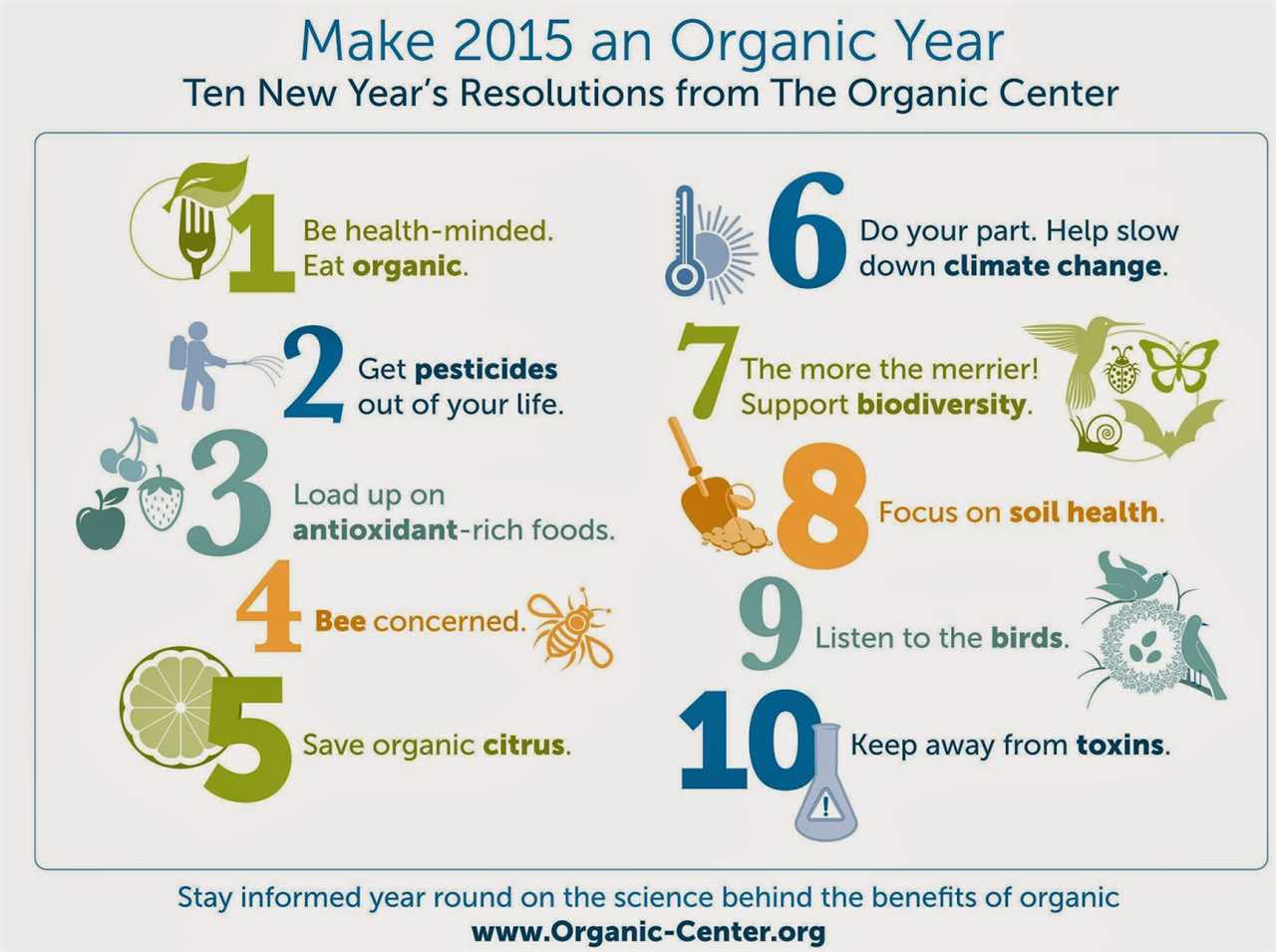 |
The Difference Between Organic Milk and Regular MilkOrganic milk is a type of milk that comes from livestock that is raised according to organic farming methods. This is a term that is regulated by.. |
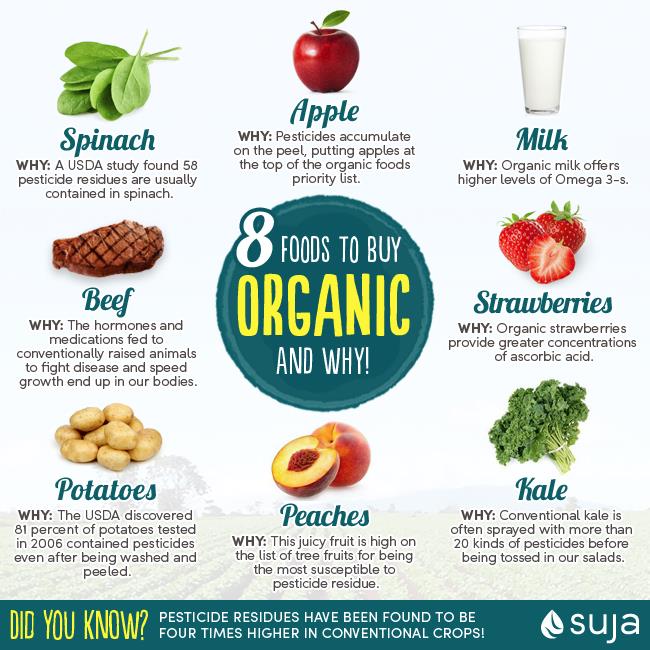 |
The Benefits of CompostingComposting your waste can be a very effective way of ensuring that your organic material is being broken down to the best of its ability. When.. |
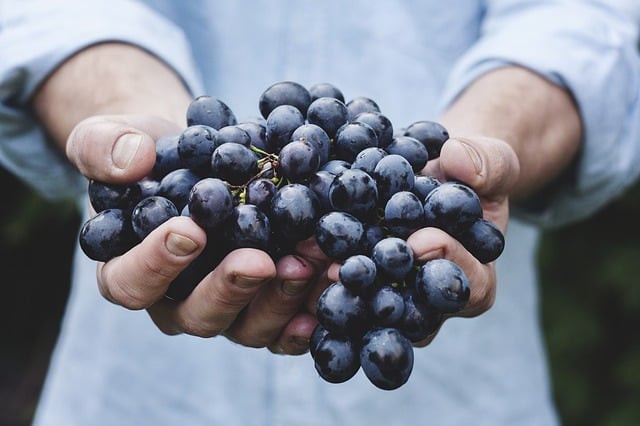 |
Is Organic Farming Beneficial to Biodiversity?Organic farming is a growing interest in the scientific community, and researchers have been investigating whether the practice is beneficial to.. |
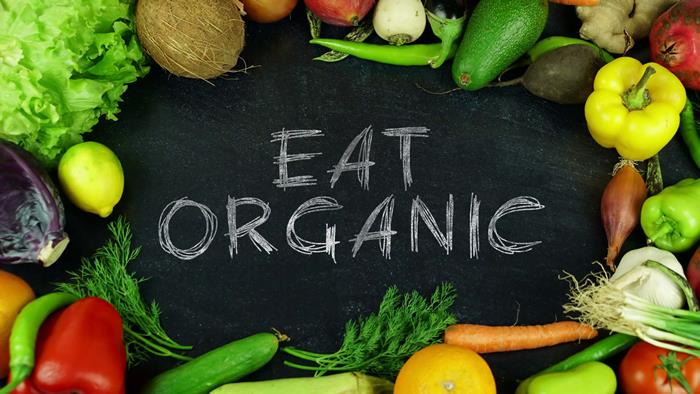 |
Organic eatingOrganic Cultur |
 |
What is Organic Cotton?Organic cotton is the type of cotton that is grown without using pesticides or chemicals. It is also the type of cotton that is grown in subtropical.. |
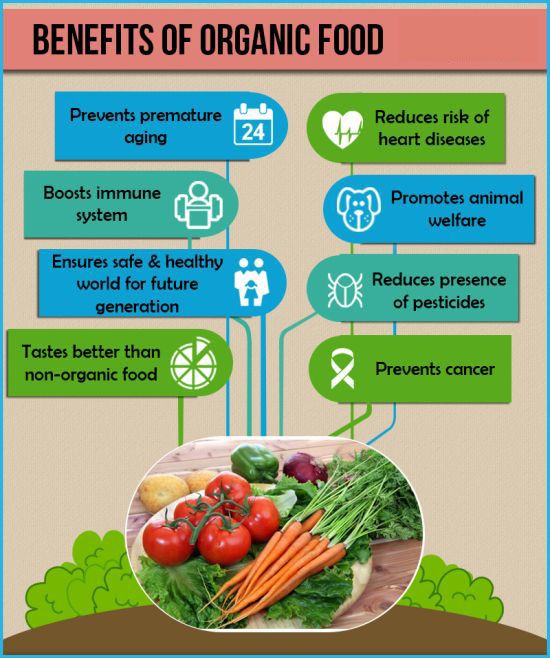 |
Benefits of Cover CropsIf you aren't familiar with cover crops, you may be surprised to learn that they are plants that are planted to grow on top of the soil to help.. |
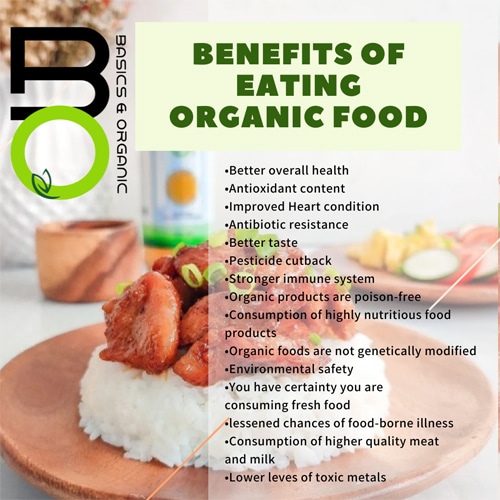 |
Learn How to Become an Organic Farmer Through a Training ProgramIf you are looking to become an organic farmer, there are several ways you can do so. One option is to take a training program that will teach you.. |
 |
Exotic VegetablesWhen it comes to vegetables, there are plenty of choices to choose from. Some of the most popular choices include broccoli, corn, carrots, and.. |
 |
The Benefits and Pitfalls of Organic Farming OrganizationsOrganic farming is an approach to farming that is not only ecologically sound, but also financially feasible. It is a method that is free from.. |
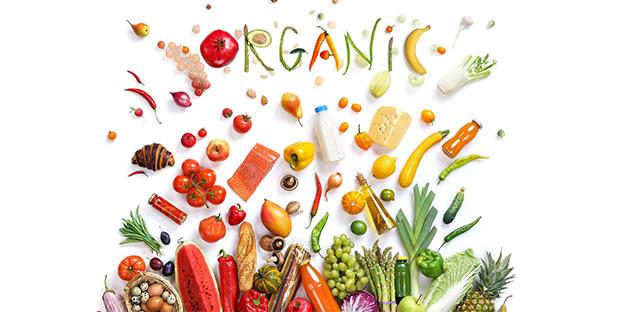 |
Soil Composition and BiodiversityThe soil that we have around us is a vital part of our lives. It is the home for many plants and animals. It also has a texture, a color, and many.. |
 |
Organic Farming PrinciplesOrganic farming is a practice that is designed to be sustainable and healthy. Its principles include avoiding harms produced by industrial farming.. |
 |
When Did Organic Food Start?The answer to the question when did organic food start? will vary depending on the time period in which you are looking at. For instance, it may be a |
 |
Can Organic Be GMO?The question Can organic be GMO is an ongoing debate among many consumers. While it's possible to eat foods that have been produced using genetic.. |
 |
Chhattisgarh's Organic Farming SchoolsThe government of Chhattisgarh has started to introduce organic farming schools. This initiative is intended to provide the young generation with the |
 |
What is a Conventional Farm?Conventional farm is the term used to describe a farm that is not organic. It is a form of agriculture that is associated with better soil quality,.. |
 |
The Rodale InstituteThe Rodale Institute is a nonprofit organization that aims to support research into organic farming. It was founded in 1947 by J. I. Rodale, an.. |
 |
The Latest Research on Organic | The Organic CenterResearched articles about eating Organic food |
 |
Korean GardeningKorean gardening is one of the oldest ways to grow plants. It involves planting herbs, fruits, and vegetables that are used in kimchi, a type of.. |
.png)





